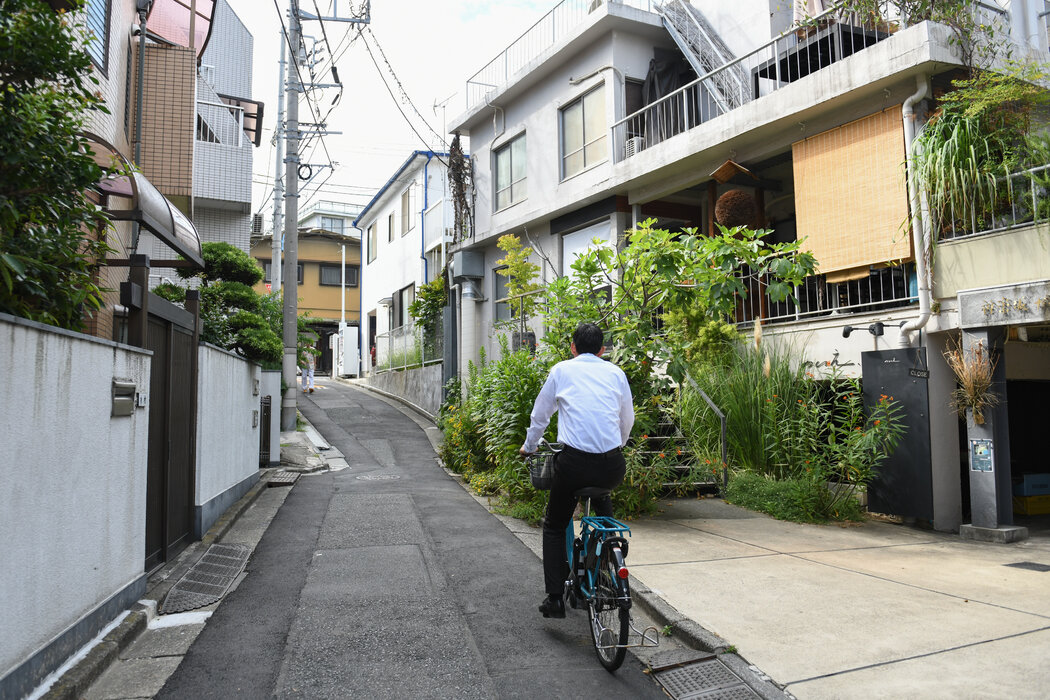日本央行在3月和7月上调利率,结束了近30年的零利率时代,这将导致日本房贷利率上升。多数日本房贷利率是浮动利率,预计在未来两年内将达到1%,进而可能进一步上升。这意味着房主每月还款额将增加,家庭支出可能会减少,从而拖累日本经济。一些经济学家担心,利率上升可能会侵蚀家庭支出,拖累经济。然而,日本央行认为,消费者可以应对此次冲击,因为许多大型企业最近都大幅加薪。
Original Title: 日本告别超低房贷利率时代
Summary: Japan’s central bank, after nearly three decades of near-zero interest rates, raised interest rates in March and July, marking an end to an era of ultra-low mortgage rates. This will lead to higher borrowing costs for Japanese homeowners, as most mortgage rates in Japan are variable and are expected to reach 1% in the next two years, with potential for further increases. This means higher monthly payments for homeowners and potentially reduced household spending, which could drag on the Japanese economy. Some economists are concerned that the rising rates could erode household spending and hurt the economy. However, the Bank of Japan believes that consumers can handle the impact, as many large companies have recently raised wages significantly.
Original article: https://cn.nytimes.com/business/20240905/japan-mortgage-rates/zh-hant/?utm_source=RSS

